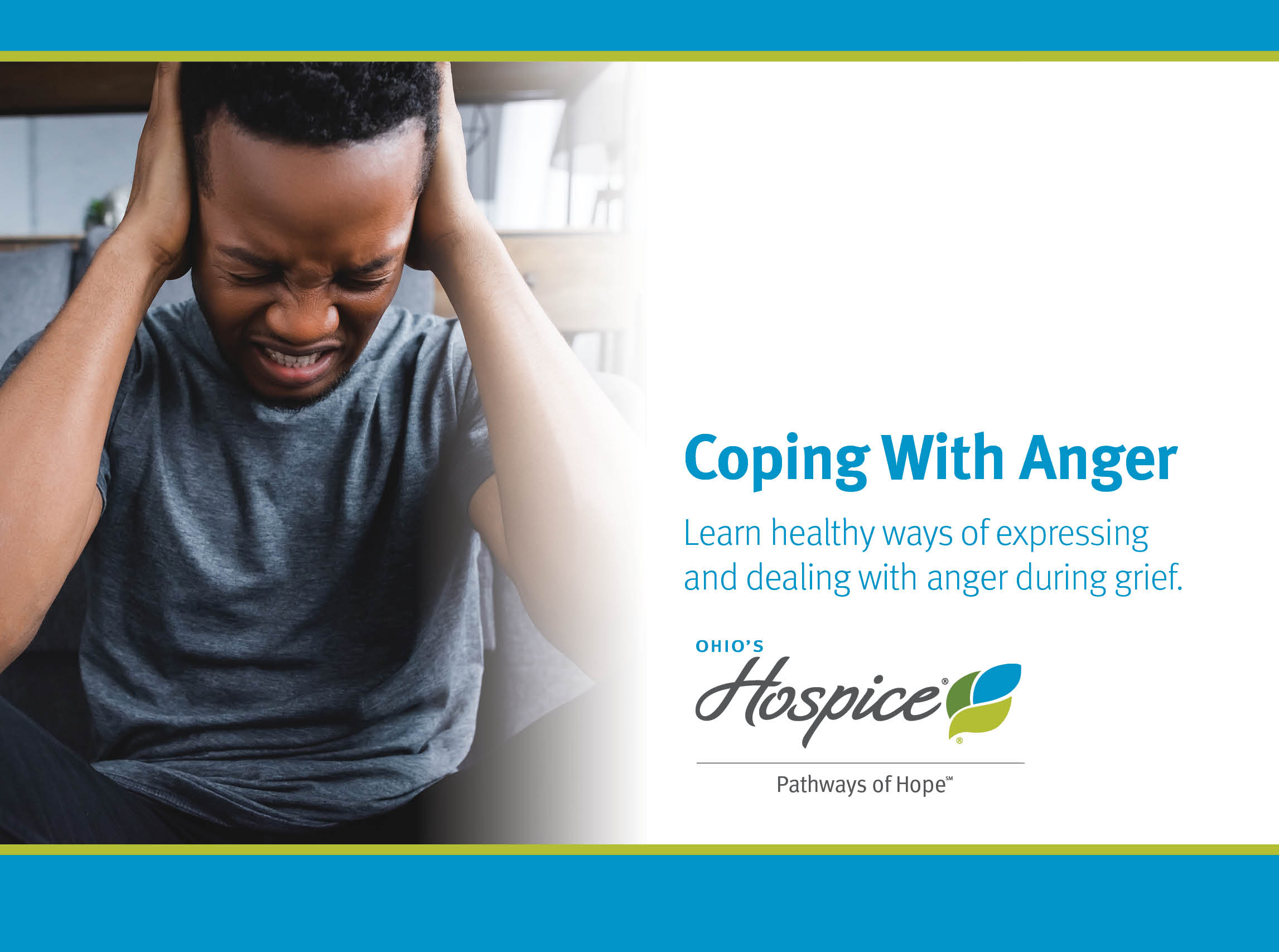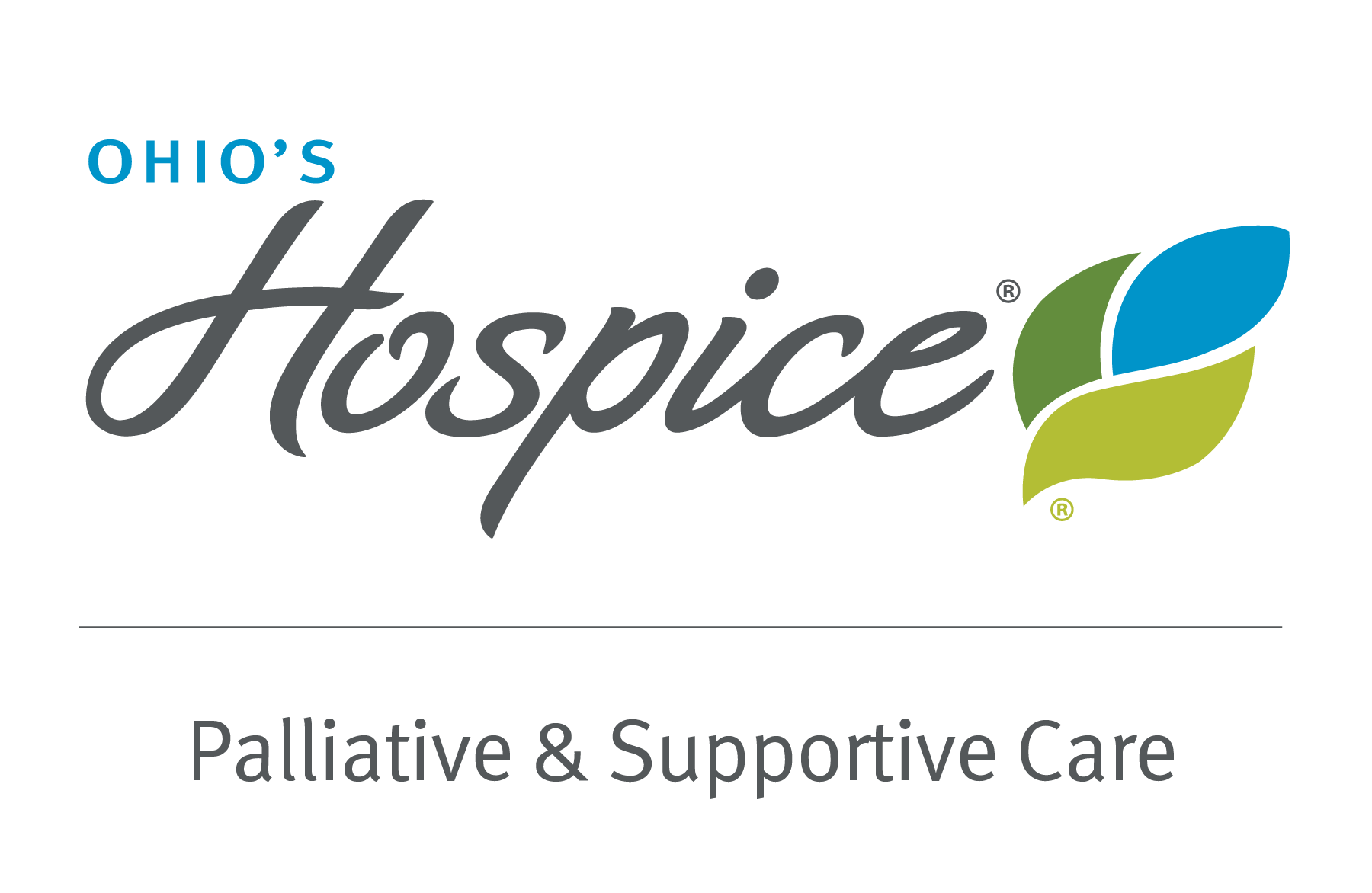Coping With Anger
Anger is not a comfortable emotion to experience when you are grieving. Contrary to popular belief, it is not a stage of grief. In the world of grief professionals, Kübler-Ross’ Five Stages of Grief has long been dismissed as a viable model of the grief process. Anger is not a stage you enter and emerge from after denial and before depression. However, anger is a very common and normal part of grief.

What are the common causes of anger in grief?
The most common cause is an expression of protest against losing someone very valuable to you. Grievers may feel the injustice of having their loved one taken from them and feel helpless at the inability to control the events involved in their loss.
There may be a sense that the death was preventable, and anger is directed at those perceived to be at blame. Some grievers feel anger toward others for being able to go on with their lives or who take their loved ones for granted.
One of the hardest angers to acknowledge is anger directly toward the deceased. They could be angry at the deceased for contributing to their own death, for things done or undone, or just for leaving. Cultural norms teach us not speak ill of the dead, so admitting this anger can be very difficult for the griever.
Anger also can be a way of covering other difficult feelings such as hurt, sadness, anxiety or fear. These emotions cause grievers to feel vulnerable. Avoiding these feelings through the more powerful emotion of anger can protect against experiencing helplessness. However, while this strategy can work in the short term, such reactions can cause individuals to become stuck in their grief.
Certain deaths will more commonly elicit strong reactions of anger, such as violent death; sudden or unexpected death, especially if someone specific was to blame; death from suicide; death of a child; homicide; and preventable deaths. Even though anger is understandable in these crises, dealing with it in a healthy manner is very important.
Anger can take different forms, so it can be hard to identify. Sarcasm, passive-aggressiveness, negativity, anxiety and depression (anger turned inward) are a few examples. Unresolved anger can also be expressed physically. Insomnia, muscle tension, increased blood pressure, and frequent illnesses springing from a compromised immune system are among the common manifestations of unexpressed anger.
Some grievers have been programmed from childhood that any expression of anger is wrong and will be prone to suppressing this difficult emotion. However, anger almost always “comes out sideways” in physical symptoms. Our bodies tell the truth.
What are healthy ways of dealing with anger in grief?
The first is to recognize and acknowledge the anger. It is normal to have thoughts and feelings of anger. However, we are responsible to handle anger appropriately.
Try to determine the cause of your anger.
The cause of your anger will probably determine the actions needed to resolve the anger in a healthy manner. If it is a general protest against losing your loved one, expression of that sadness may be found in journaling, art or music. Sometimes expressing that protest to others is all that is needed to soften the anger. Over time, if anger is allowed to be expressed as sadness and not constantly rehearsed, the sharp edges will smooth a bit and become easier to manage.
Find ways to channel your anger.
If you lost a loved one through cancer, support the American Cancer Society in finding cures. If your loved one completed suicide, become involved in organizations focusing on suicide prevention. In other words, find appropriate avenues in which to pour the passion of your anger for the greater good.
Find ways to forgive.
Forgiveness is difficult, but it is healing. If you had unresolved issues with your loved one, write a letter of anger and forgiveness. Seek peace with the one you feel has wronged you — whether your loved one or someone you feel is complicit in your loved one’s death. Being able to finally release them releases you.
Address the physical expressions of anger.
Anger tightens your whole body. Your muscles and gut clenches, heart rate increases, breathing becomes more shallow and rapid, and thinking becomes jumbled. To manage your anger, you will need to calm your body. Take long, deep breaths. Concentrate on each breath. Think of your limbs as warm and heavy. Push your shoulders down. Imagine a calming place and experience it with all five of your senses. Slow things down. Become intentional in meditation and mindfulness.
Prolonged and obsessive anger is damaging to the mind, body and relationships. If these tips have not been helpful, consider seeking professional counseling to address your anger.
Pathways of HopeSM Grief Counseling Centers
Ohio’s Hospice offers grief and bereavement support through our Pathways of HopeSM Grief Counseling Centers, which provide a variety of services to the communities we serve. Support and education are provided by a team of counselors and social workers, all with significant experience and expertise in assisting grieving children, adolescents and adults.

